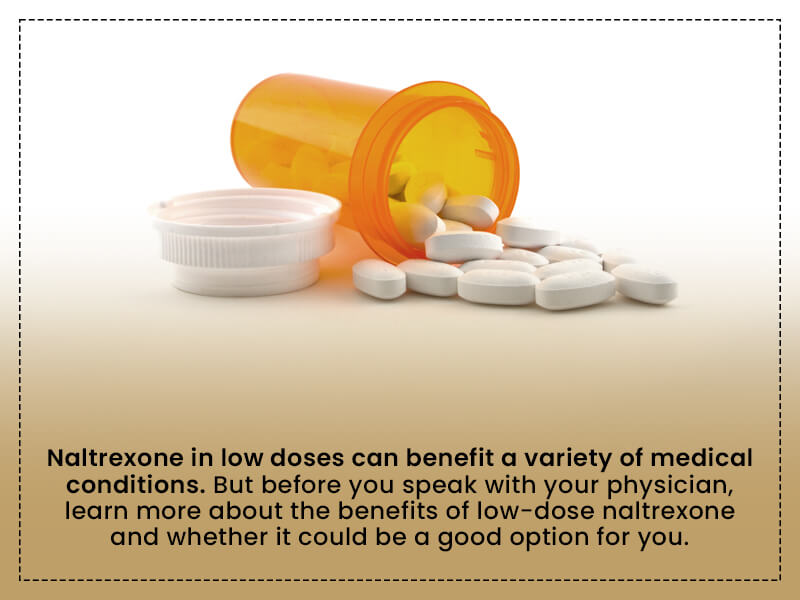Benefits of Naltrexone
Welcome to our comprehensive guide on the benefits of naltrexone. In this article, we will explore the various advantages of using naltrexone and how it can positively impact your health and well-being. Naltrexone is a medication that has gained significant attention for its potential in treating substance abuse disorders and other related conditions. Let’s delve into the details and understand why naltrexone is considered a valuable therapeutic option.
Understanding Naltrexone
Naltrexone is an opioid receptor antagonist that works by blocking the effects of opioids in the brain. It is primarily used in the management of alcohol and opioid dependence. By reducing the cravings and pleasurable effects associated with these substances, naltrexone aids individuals in overcoming addiction and maintaining sobriety.
The Benefits of Naltrexone
Reduces Cravings
Naltrexone has shown remarkable effectiveness in reducing cravings for alcohol and opioids. By blocking the receptors that trigger pleasurable sensations, it helps individuals resist the urge to consume these substances. This reduction in cravings plays a crucial role in preventing relapse and supporting long-term recovery.
Prevents Relapse
One of the significant benefits of naltrexone is its ability to prevent relapse. By neutralizing the rewarding effects of alcohol and opioids, naltrexone discourages individuals from seeking out these substances. It acts as a safety net, providing an additional layer of protection for those in recovery.
Supports Sobriety
Naltrexone plays a vital role in supporting long-term sobriety. By reducing cravings and preventing relapse, it allows individuals to focus on their recovery journey and rebuild their lives. It provides a sense of stability and control, empowering individuals to resist temptations and make healthier choices.
Potential for Treating Alcohol Use Disorder (AUD)
Studies have demonstrated the efficacy of naltrexone in treating Alcohol Use Disorder (AUD). It can help individuals reduce their alcohol consumption and maintain abstinence. Naltrexone works by blocking the pleasurable effects of alcohol, making it less appealing and reducing the motivation to drink excessively.
Combats Opioid Dependence
Naltrexone is widely used in the treatment of opioid dependence. It aids in breaking the cycle of addiction by blocking the euphoric effects of opioids. By reducing cravings and withdrawal symptoms, naltrexone supports individuals in their journey toward recovery.
Non-Addictive
Unlike some other medications used in addiction treatment, naltrexone is non-addictive. It does not produce any pleasurable or euphoric effects and does not lead to physical dependence. This makes it a safe and reliable option for individuals seeking assistance in their recovery process.
Minimal Side Effects
Naltrexone is generally well-tolerated, with minimal side effects reported. Some individuals may experience mild gastrointestinal discomfort or headache, but these symptoms are usually temporary and diminish over time. It is essential to consult with a healthcare professional to understand any potential risks or interactions.

In conclusion, naltrexone offers numerous benefits for individuals struggling with alcohol and opioid dependence. By reducing cravings, preventing relapse, and supporting sobriety, it plays a crucial role in the recovery process. Additionally, its potential in treating Alcohol Use Disorder and combatting opioid dependence further highlights its significance in addiction treatment. With its non-addictive nature and minimal side effects, naltrexone provides a safe and effective option for those seeking to overcome substance abuse disorders. If you or someone you know is facing these challenges, we encourage you to consult with a healthcare professional to explore the potential benefits of naltrexone as part of a comprehensive treatment plan.
Frequently Asked Questions about the Benefits of Naltrexone
1. What is naltrexone?
Naltrexone is a medication used to treat alcohol and opioid dependence.
2. How does naltrexone work?
Naltrexone works by blocking the effects of opioids and reducing alcohol cravings.
3. What are the benefits of using naltrexone?
The benefits of using naltrexone include reducing alcohol cravings, preventing relapse, and promoting long-term sobriety.
4. Can naltrexone be used for opioid addiction?
Yes, naltrexone can be used to treat opioid addiction by blocking the effects of opioids and reducing cravings.
5. Are there any side effects of naltrexone?
Common side effects of naltrexone include nausea, headache, dizziness, and fatigue.
6. How long should naltrexone be taken?
The duration of naltrexone treatment varies depending on individual needs and treatment plans. It is best to consult with a healthcare professional for personalized guidance.
7. Can naltrexone be used during pregnancy?
Naltrexone should be used during pregnancy only if the potential benefits outweigh the potential risks. Consult with a healthcare professional for more information.
8. Is naltrexone addictive?
No, naltrexone is not addictive. It does not produce any euphoric effects or lead to dependence.
9. Can naltrexone be used with other medications?
Naltrexone can be used with other medications, but it is important to inform your healthcare provider about all the medications you are taking to ensure safety and effectiveness.
10. Is naltrexone effective for everyone?
Naltrexone’s effectiveness may vary from person to person. It is important to follow the prescribed dosage and treatment plan as advised by a healthcare professional.




